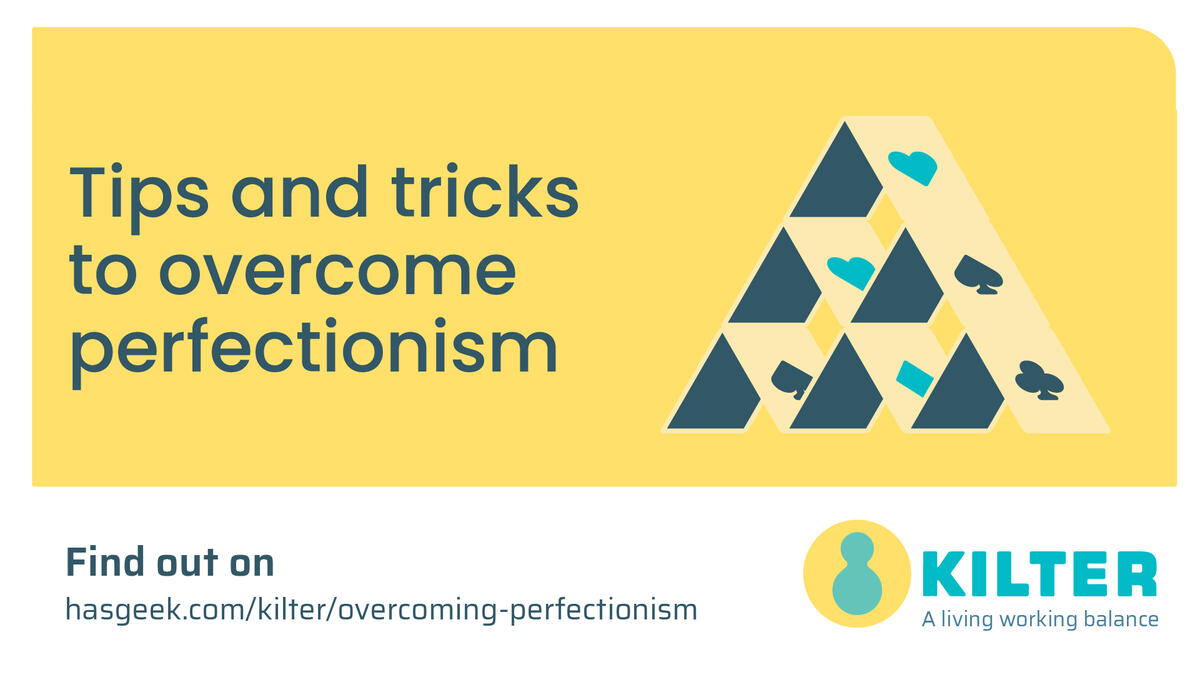
What are your perfectionism rules- unhelpful thoughts that produce the perfectionism cycle.
Submitted Apr 28, 2021
Perfectionists have rules which they apply to their behaviour. Some of these rules are:
- Relentless high standards setting - always setting even more demanding standards.
- All or nothing thinking. You have to be 100% perfect.
- Fear of failure - I can’t do something until everything related to the task is perfect.
- Shoulds and musts - absolute demands.
- Constant checking - checking multiple times if a particular task has been done well or not. This is related to fear of failure or all-or-nothing behaviour.
- Lack of self-control - you keep checking yourself again and again.
Perfectionism is not an isolated event. It is accompanied by unhelpful thinking. Here are the factors that keep perfectionism going:
- High standards - these are achieved are great cost. This is also accompanied by setting the high standards and re-setting these standards. Nothing is good enough for a perfectionist.
- Self-criticism and unhelpful thinking styles.
- Perfectionism behaviours that reinforce #1 and #2.
This unhelpful thinking causes the perfectionism cycle. Mainly, you base your self-worth is based on achieving high, unrelentless standards. This produces shoulds and must thinking in oneself.
If you have questions about perfectionism, post them in comments on https://hasgeek.com/kilter/overcoming-perfectionism/comments
Tarique Sani’s slides on perfectionism are available on https://docs.google.com/presentation/d/1yjjdkn0nSqDGG-thm-j_FC7Ev6njWfhMSiq9IU1HJiU/edit?usp=sharing


{{ gettext('Login to leave a comment') }}
{{ gettext('Post a comment…') }}{{ errorMsg }}
{{ gettext('No comments posted yet') }}